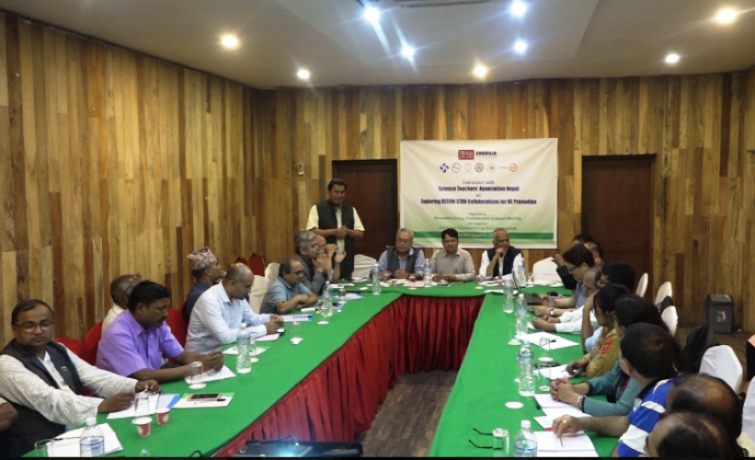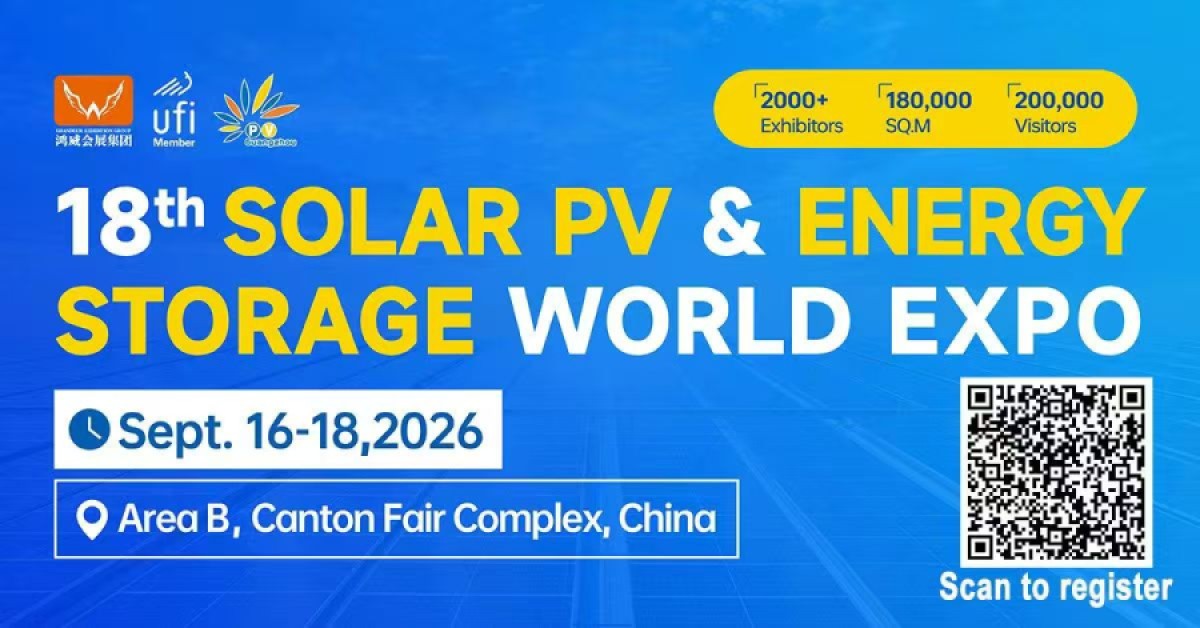
Context
Green and Inclusive Energy (GIE) Programme is one of the four themes (other three are: Sustainable Diets 4 All, Decent Work for Women and Open Contracting) of the Citizen Agency Consortium Program – an outcome of the partnership between UK-based organizations International institute for Environment and Development (IIED) and Article 19, and the Netherlands-based NGO, Hivos. ENERGIA (hosted by the Hivos) and IIED partner with national civil society organizations and the Dutch government to support the transition towards green and inclusive energy in the target nations. Nepal is one of the eight focus countries for this sub-programme (GIE), and Centre for Rural Technology Nepal (CRT/N) has been identified as the lead organization to support its execution in Nepal (other seven focus countries are: Indonesia, Kenya, Tanzania, Zimbabwe, Malawi, Nicaragua, and Guatemala). The project is expected to support national civil society organizations to advocate and lobby for policy changes, reform and programs to facilitate Nepal’s transition towards green and inclusive energy systems. The key objective of the project is to contribute to the creation of an enabling policy environment to meet the domestic and productive energy needs of the poor, women, and marginalized groups through decentralized renewable energy and clean cooking energy solutions.
Long term goals of this programme are: i) to meet energy (domestic as well as productive) needs of everyone ii) to mitigate climate change and, iii) to ensure social and economic developments and to ensure productive participation of women in politics, economic and social development.
Project Targets
- Organizations working in energy and non-energy sectors,
- Organisations involved in gender and development,
- Organisations involved in energy policy influencing and development process,
- Government agencies and private sector.
Project Duration
October 2016 to June 2020
Project/Program Activities:
The project employs the Theory of Change (ToC) framework to define desired changes, identify linkages between key actors and national contexts and to ultimately formulate lobby and advocacy (L&A) strategies. CRT/N commissioned the baseline study in June 2016 for the programme. Based on the baseline study result, a generic ToC was revised to ensure its alignment with the Nepalese context; ToC for Nepal was later validated through a series of deliberations involving experts from ENERGIA, CRT/N and the national partner organizations viz. Nepal Forum of Environmental Journalists (NEFEJ), National Association of Community Electricity Users Nepal (NACEUN), Indoor Air Pollution and Health Forum (IAPHF), Renewable Energy Confederation of Nepal (RECON) and Practical Action Nepal in September 2016. Identify linkages and build on the project “Energy: Empowering Women, Uplifting Lives” in order to strengthen CSOs and GSI Sustainable Energy for All initiative in Nepal. Some of the key activities planned within this project are:
- Assess capacity need and build the capacity of partner CSOs to effectively Lobby and Advocate for green and inclusive energy in Nepal
- Develop Lobby and Advocacy Focus Agenda
- Develop strategies for the execution and operationalisation of the Theory of Change
- Develop/implement Communication, Advocacy, and Lobby, Transparency and Accountability strategies
- Identify the focus of private sector engagement in the renewable energy sector
- Identify research questions to support evidence-based policy influencing
- Report project outcomes using Outcome Harvesting and Learning Methodology
Expected Outcome
- Stronger network in terms of improved buy-in and active participation of network members
- Knowledge and skill enhancement of network members along with stronger interest to involve in gender and energy discussions.
- Contribution in various forms of the network members to create an enabling policy environment to meet the domestic and productive energy needs of the poor, women and marginalized groups through decentralized renewable energy and clean cooking energy solutions
- Contribution to the SE4ALL Initiatives of the country through awareness creation, capacity building, and advocacy
- Alliances with media groups established to support the dissemination of GIE stories/issues to the target audience.
RECON has been actively involved in the GIE Nepal Project as one of the consortium partners led by CRT/N. The confederation joined the consortium in 2017 with view to utilise the private sector strength to the GIE movement in Nepal and also to support private sector to contribute to the movement. The confederation which is the common forum of associations of private sector involved in supply and delivery of alternative energy systems and services, and NGOs involved in promotion of alternative energy in Nepal has been successful in achieving the goals of the programme. Support of the GIE Nepal Project, supports of experts, professionals and its own efforts had contributed significantly to the cause of renewable energy technologies to be available to the people living in remote and far from the locations where national electricity grid transmission is stretched. The voices and activities of RECON on policy to make more target group oriented have been taken as exemplary in some cases.
The synergy of different organisations involved as consortium partners have significant roles in the society and in the activities of GIE Nepal Projects. The specialities and expertise of the individual institutions are most needed services to the target groups and the authorities concerned to be linked. As such, the synergy of the consortium has been proven to be one of the instrument for the success of the GIE Nepal Project where equal opportunities fallen for RECON to contribute.
Therefore, RECON considers that the GIE Principle to carry out in Nepal with view to access opportunities to the target groups and to help the authorities to consider on betterment of the whole citizens with focus on the target groups to be socio-economically upgraded.




